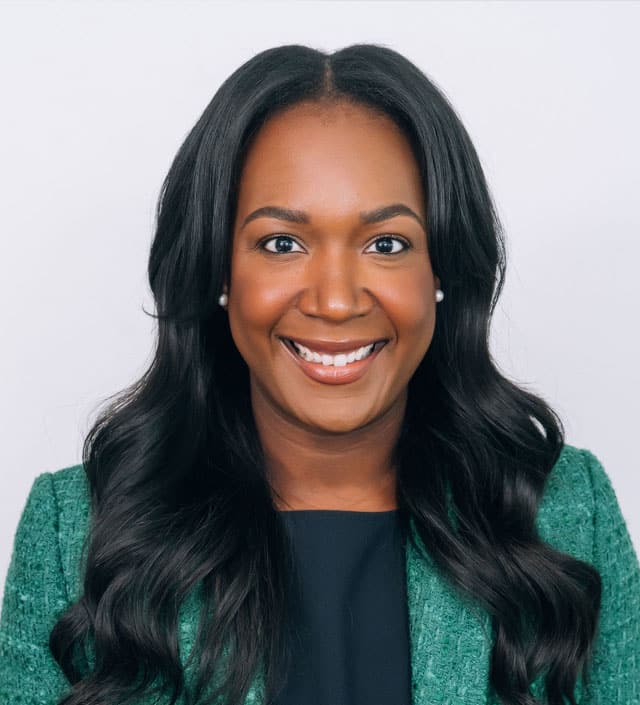Retirement has a hazy, happy glow from a distance, but I know from my colleagues, friends, and neighbors that leaving the 9-to-5 life summons many fears:
- Will my savings and investments last the rest of my (and my spouse’s) life?
- How will I stay mentally and physically active?
- And, lately, will inflation crash my entire financial plan?
Today’s financial advisor must be ready to offer advice and alternatives. One of those alternatives is semi-retiring, continuing to work in a part-time or consulting capacity.
My Advice For Those Thinking About Retirement Is Blunt: Don’t
Any pronouncements you’re reading about inflation are illusory. Advisors should prepare their clients for the worst and hope they’re wrong.
Inflation is a justifiable worry. When goods and services cost more, retirement savings drop fast. We don’t know how long inflation will continue at this clip (9.1% for the 12 months ended June 30, 2022).
Outliving one’s assets is another rational fear. Alert your clients that they should talk to their financial and tax advisors well in advance – years even if they are considering retirement.
“Taxes are the single biggest expense for many people in retirement (a fact some may not realize).”
Taxes are the single biggest expense for many people in retirement (a fact some may not realize). They need advisors with the experience and technology to chart their best next moves to lower taxes and maximize income.
Threats of inflation and longevity aside, there are at least three other compelling financial reasons for people to semi-retire.
Clients Can Delay Filing for Social Security to Increase Their Benefits
Individuals who file for Social Security as soon as they are eligible (age 62) or even at their “full retirement age” (or FRA) miss out on thousands of dollars in potential benefits. If you’re not telling your clients that, you need to be.
For example, someone who turns 60 this year has an FRA of 67. From 67 until 70, that individual collects what the government calls “delayed retirement credits.” Those amount to an 8% annual bump in benefits each year between the FRA and 70. Try getting that return in today’s market.
If waiting until 70 to retire isn’t possible, then it makes sense for clients to wait at least until their FRA. At that age, they can supplement their benefits with as much income as they can earn. Anyone who collects before their FRA is limited in how much income they can make without reducing their Social Security benefits.
Semi-Retirement May Help Clients Pay for Healthcare — a Significant, Unpredictable Expense
Retiring before Medicare eligibility (age 65) means clients must find health insurance somewhere.
If they’re lucky, their spouse or domestic partner has an employer plan they can join. If not, their choices may be COBRA (usually expensive and time-limited) or buying a plan through a state or the federal health insurance marketplace.
True, marketplace plans offer premium subsidies, but only if clients meet income limits. And the subsidies that Congress enacted to help as many as 13 million more people afford coverage during the pandemic could run out.
Observers are rightly worried that the subsidy loss, plus higher premiums that insurers say they need to cover COVID-19 healthcare costs, could force many people to go uninsured.
Clients who work at least 30 hours per week may be in luck. The Affordable Care Act requires employers of a specific size to offer work-based coverage for employees who meet that threshold.
Semi-Retirement Gives Clients More Time to Save and Their Savings More Time to Grow
For some clients, their high-ticket expenses – like college tuition, home mortgage, or parental support – may be diminished or have disappeared. They have more money to save and invest (a bonus for their advisors, too).
People who retire miss out on some of their peak earning years when they can usually dedicate more savings to employer-sponsored retirement plans, like 401(k) plans. I’m surprised by how many don’t realize that.
“By semi-retiring, people also preserve the ability to save (and reduce their income taxes) through an employer’s plan or by saving in an individual retirement account (IRA).”
By semi-retiring, people also preserve the ability to save (and reduce their income taxes) through an employer’s plan or by saving in an individual retirement account (IRA).
Conversations Can Lead to More Than You Expect
Clients look to financial advisors to stymie their worst impulses. One of those is retiring without a plan for turning their assets into lifetime income.
Approaching clients early and regularly to review their personal and professional situations may open new opportunities to increase assets under management and earn referrals to friends and family (who stand to inherit more if you do your job well).
Paul R. Samuelson is the chief investment officer and co-founder of LifeYield, a technology company that improves investor outcomes by minimizing investment taxes and maximizing retirement income. He has a B.A. from Williams College, and an M.S.M. and a Ph.D. from the Massachusetts Institute of Technology. He is the son of Nobel laureate economist Paul A. Samuelson.







